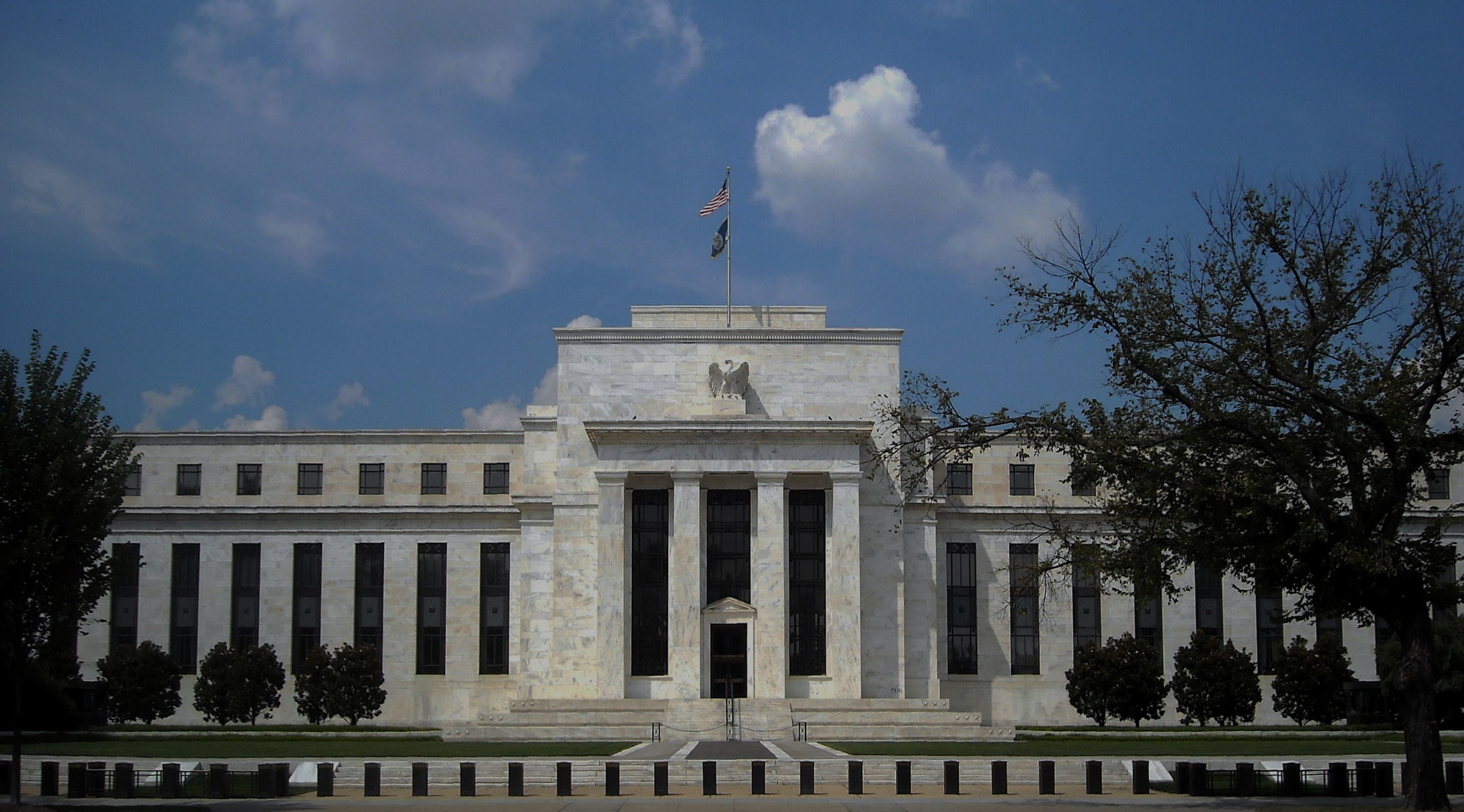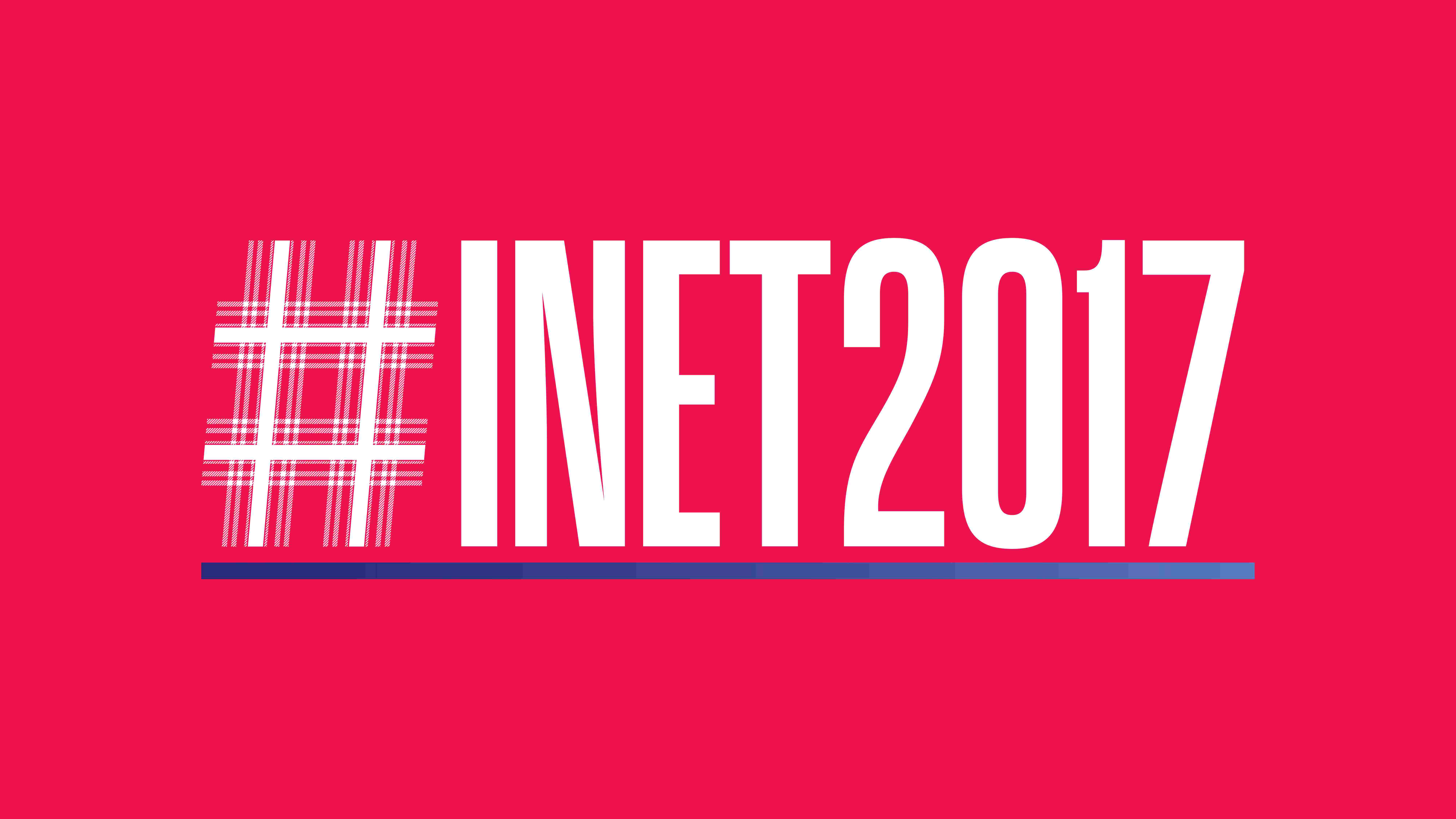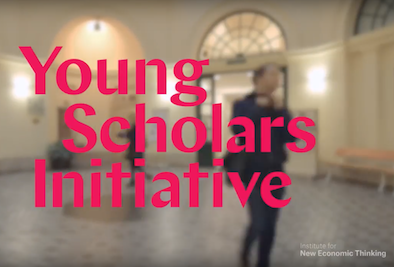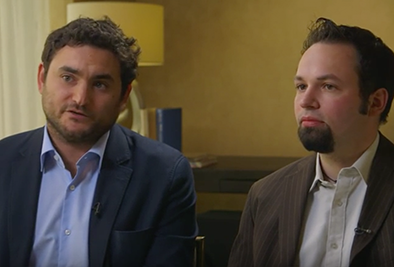Perry G. Mehrling is professor of economics at Pardee School of Global Studies at Boston University. He was professor of economics at Barnard College in New York City for 30 years. There, he taught courses on the economics of money and banking, the history of money and finance, and the financial dimensions of the U.S. retirement, health, and education systems. His most recent book is The New Lombard Street: How the Fed became the dealer of last resort (Princeton 2011). His best-known book Fischer Black and the Revolutionary Idea of Finance (Wiley 2005, 2012) has recently been released in a revised paperback edition. Currently, Prof. Mehrling directs the educational initiatives of the Institute for New Economic Thinking, one of which is his course Economics of Money and Banking, available on Coursera at www.coursera.org/course/money.
Perry G. Mehrling
By this expert
Exorbitant Privilege? On the Rise (and Rise) of the Global Dollar System
Things are going to break and central banks are going to have to respond, but the mental frame that most people will be using is not well suited for understanding how the world now works
Bernanke v. Kindleberger: Which Credit Channel?

In the papers of economist Charles Kindleberger, Perry Mehrling found notes on the paper that won Ben Bernanke his Nobel Prize.
A Money View of Keynes, Keynesians, and Post-Keynesians

The central bank today is not just the government’s bank, but also a bankers’ bank, a truly hybrid institution
Payment vs. Funding: The Law of Reflux for Today
The central bank today is not just the government’s bank, but also a bankers’ bank, a truly hybrid institution
Featuring this expert
Reawakening From the Origins of Economic Ideas to the Challenges of Our Time

INET gathered hundreds of new economic thinkers in Edinburgh to discuss the past, present, and future of the economics profession.
The Next Generation of New Economic Thinkers

Explore your curiosity in economics in an open and critical community.
General Equilibrium Theory: Sound and Fury, Signifying Nothing?
Does general equilibrium theory sufficiently enhance our understanding of the economic process to make the entire exercise worthwhile, if we consider that other forms of thinking may have been ‘crowded out’ as a result of its being the ‘dominant discourse’? What, in the end, have we really learned from it?
Inequality and the Current Account

Institute for New Economic Thinking grantees Christian Belabed and Thomas Theobald and their co-authors have revived this old theory as a hypothesis to explain the apparent statistical link between rising income inequality and current account deficits.
